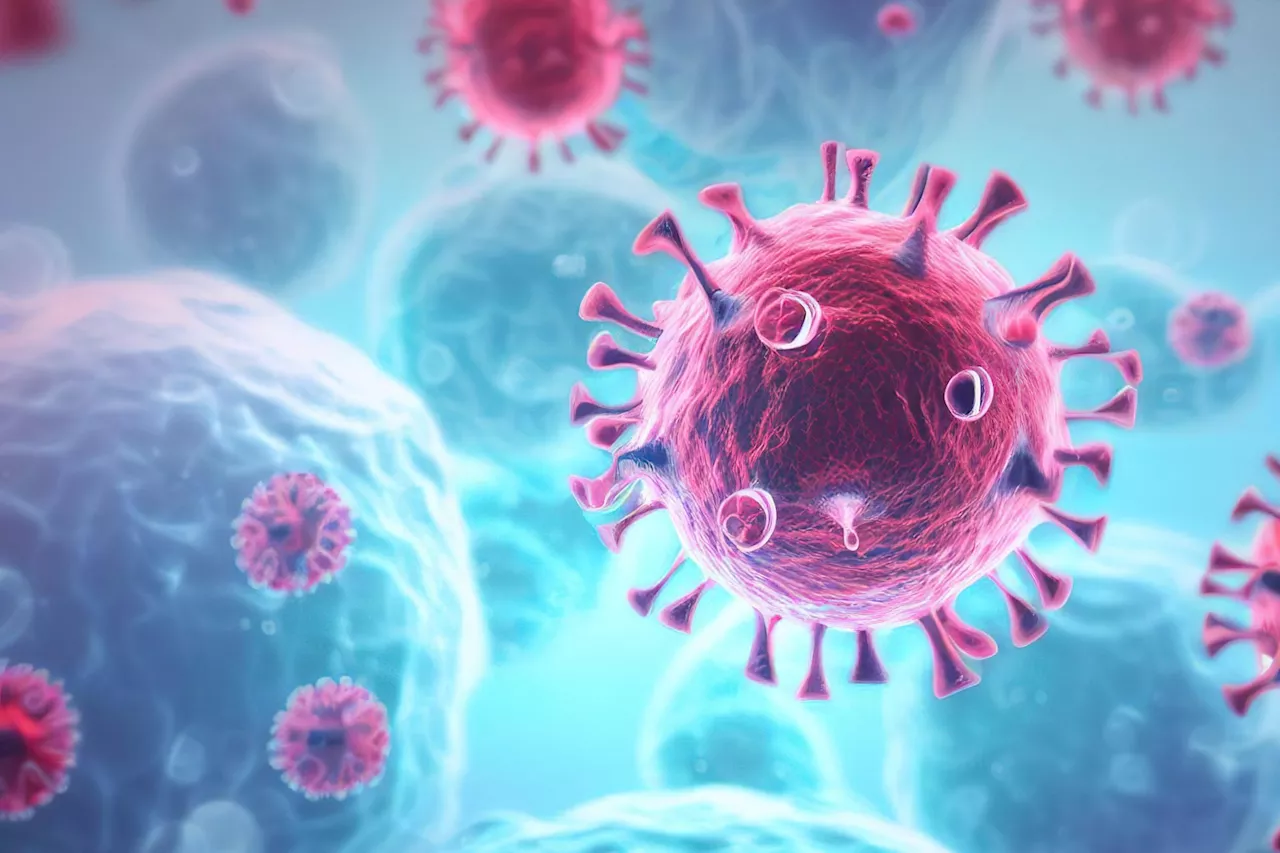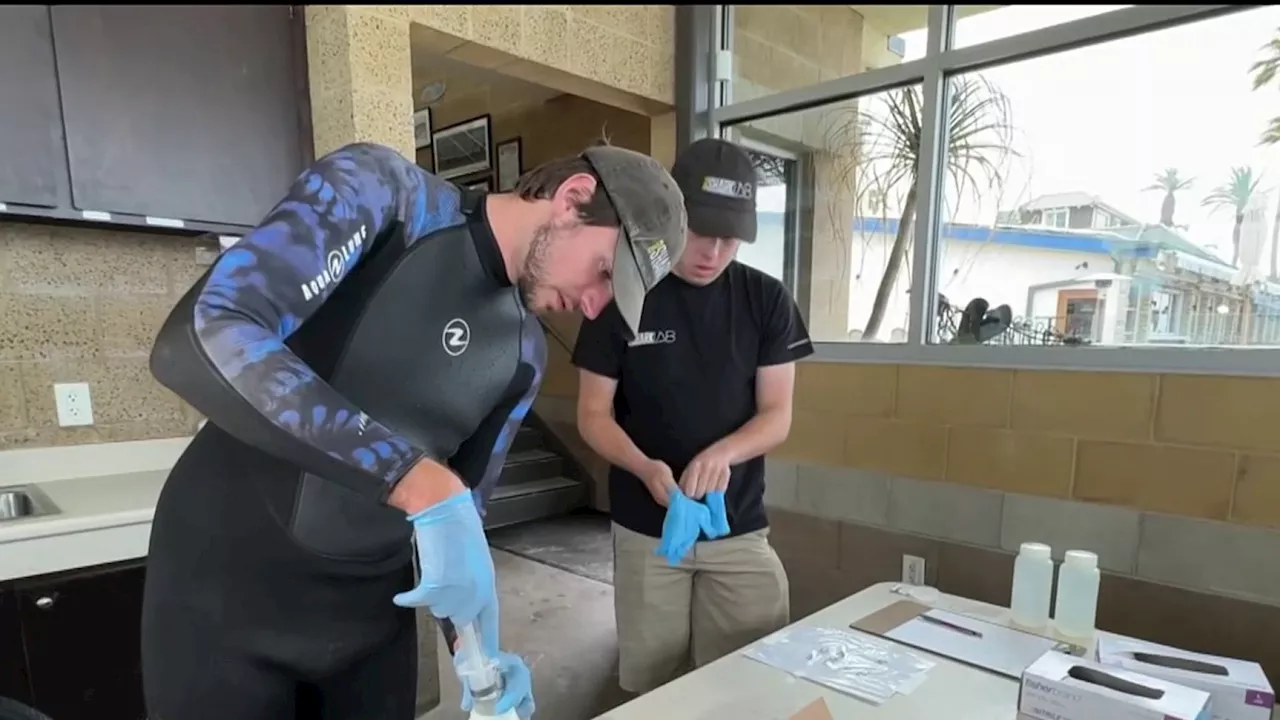Scientists have uncovered a brain circuit in primates that rapidly detects faces. The findings help not only explain how primates sense and recognize faces, but could also have implications for understanding conditions such as autism, where face detection and recognition are often impaired from early childhood.
Scientists at the National Institutes of Health have uncovered a brain circuit in primates that rapidly detects faces. The findings help not only explain how primates sense and recognize faces, but could also have implications for understanding conditions such as autism, where face detection and recognition are often impaired from early childhood.
These observations left scientists with several questions, including: how does the brain shift the eyes towards a face to better see fine details? What provides this face preference before the brain's"face patches" develop? And how do the brain's"face patches" develop the ability to understand faces in the first place?
Previous studies had suggested that the detection of objects by the superior colliculus was object-agnostic, meaning that this part of the brain was just noting the presence or absence of something, without any differentiation of what that thing might be. However, in this study, Krauzlis and colleagues found that within 40 milliseconds, more than half the neurons they measured responded more strongly to images of faces compared to other types of objects.
"We believe this face-preference circuit may actually drive the development of the brain's more advanced facial recognition processes," said Krauzlis."If so, deficits in this face preference in the superior colliculus might play a role in autism."
Nervous System Psychology Research Brain Tumor Perception Neuroscience Psychology Brain-Computer Interfaces
United Kingdom Latest News, United Kingdom Headlines
Similar News:You can also read news stories similar to this one that we have collected from other news sources.
 Colorado’s Deion Sanders has new coordinators, new league, new one-liners — and more dramaColorado football head coach Deion Sanders speaks with Sports Illustrated about his new book 'Elevate and Dominate.'
Colorado’s Deion Sanders has new coordinators, new league, new one-liners — and more dramaColorado football head coach Deion Sanders speaks with Sports Illustrated about his new book 'Elevate and Dominate.'
Read more »
 Sturgill Simpson Is Back With New Tour, New Album…and a New NameSturgill Simpson will release the new album 'Passage Du Desir' in July under the name Johnny Blue Skies, followed by a fall tour.
Sturgill Simpson Is Back With New Tour, New Album…and a New NameSturgill Simpson will release the new album 'Passage Du Desir' in July under the name Johnny Blue Skies, followed by a fall tour.
Read more »
 Scientists Race To Perfect New Oral COVID-19 Treatment Poised To Replace PaxlovidScience, Space and Technology News 2024
Scientists Race To Perfect New Oral COVID-19 Treatment Poised To Replace PaxlovidScience, Space and Technology News 2024
Read more »
 Scientists develop new method to match genes to their molecular 'switches'Scientists at La Jolla Institute for Immunology (LJI) have developed a new computational method for linking molecular marks on our DNA to gene activity. Their work may help researchers connect genes to the molecular 'switches' that turn them on or off.
Scientists develop new method to match genes to their molecular 'switches'Scientists at La Jolla Institute for Immunology (LJI) have developed a new computational method for linking molecular marks on our DNA to gene activity. Their work may help researchers connect genes to the molecular 'switches' that turn them on or off.
Read more »
 Shark scientists using new DNA technology to track great whites after San Diego attackSoCal shark experts are trying to figure out if they can actually detect the shark's presence in the area, and for how long.
Shark scientists using new DNA technology to track great whites after San Diego attackSoCal shark experts are trying to figure out if they can actually detect the shark's presence in the area, and for how long.
Read more »
 95% Success Rate: Scientists Develop New, More Effective, and Non-Toxic Way To Kill TermitesScience, Space and Technology News 2024
95% Success Rate: Scientists Develop New, More Effective, and Non-Toxic Way To Kill TermitesScience, Space and Technology News 2024
Read more »
